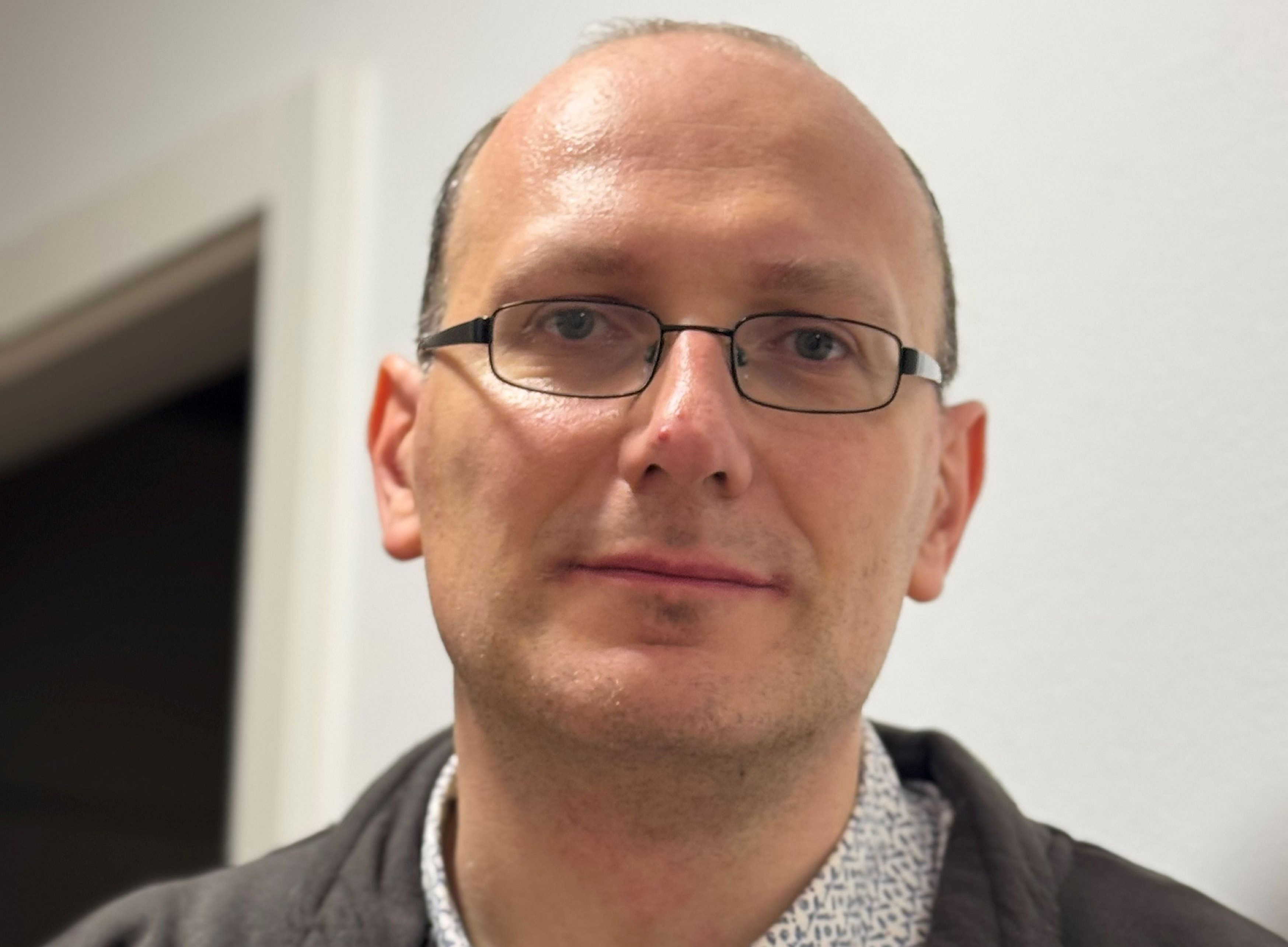Alexander was born in Leningrad, USSR, and obtained his degree in mathematics and astronomy from Saint Petersburg State University. He then moved to Switzerland, where in 2009, he obtained a doctoral degree in physics from ETH Zurich, studying the transfer of polarized light in the solar atmosphere. He then moved to the Swiss Alps, where he worked on the reconstruction of solar irradiance and the solar-stellar connection at the Physikalisch-Meteorologisches Observatorium / World Radiation Center in Davos, Switzerland.
Towards the end of his stay in Davos, Alexander became interested in magnetic activity and the variability of solar-like stars. Securing the Marie-Curie Fellowship from the European Commission allowed Alexander to move from Davos to the Max-Planck-Institute of Solar System Research (MPS) in Göttingen, Germany, in 2014 and shift his main research direction from the Sun to other stars. A Starting Grant from the European Research Council, which Alexander won in 2016, allowed him to establish his own research group and pursue a broad research program studying different manifestations of stellar magnetic activity. In 2023, together with Sara Seager (MIT) and Andrew Collier Cameron (University of St Andrews), Alexander won a Synergy Grant from the European Research Council. Alexander is a corresponding Principal Investigator in the grant, and the University of Graz became a coordinating institute. The main goal of the ERC grant is to disentangle measurements of planetary masses and the fingerprints of molecules in planetary atmospheres from the variability of the host star.
Over the next year, Alexander’s group at the University of Graz will actively work on implementing the ERC project and will also focus on star-planet connections. In particular, the long-term goal of the group will be to understand how the multitude of effects caused by stellar activity affect exoplanets and their potential habitability.
